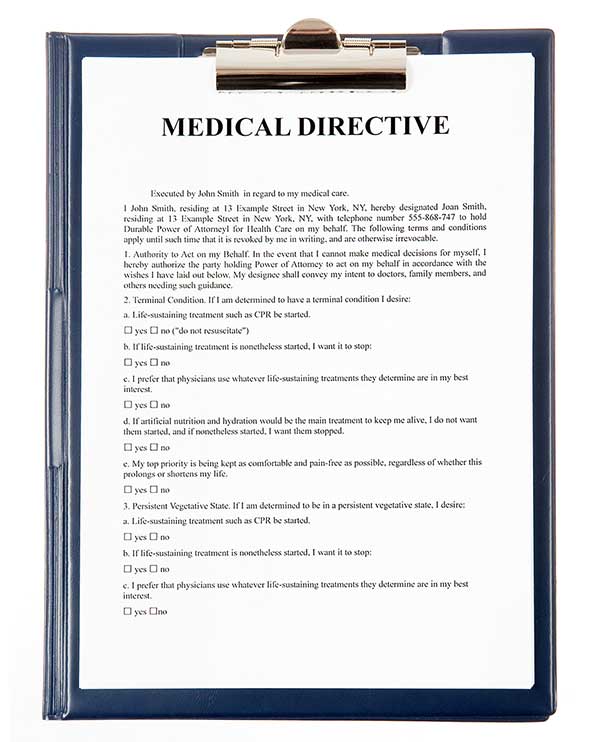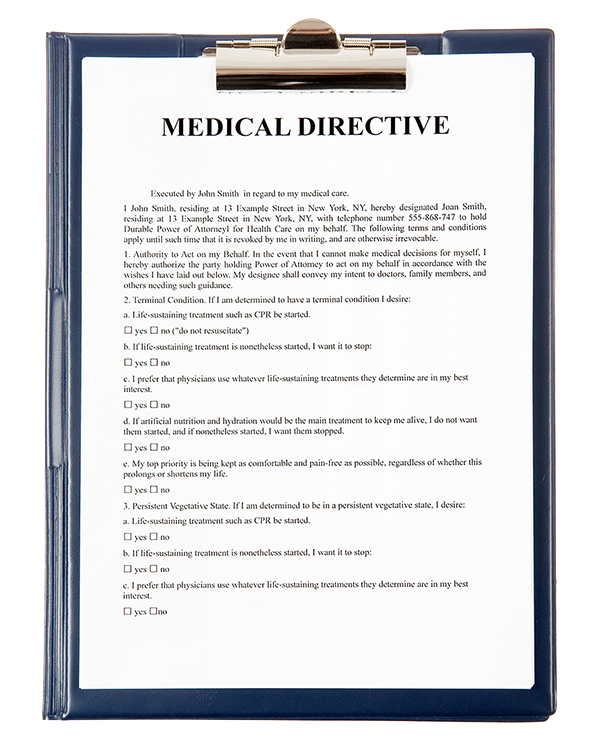Power of Attorney and Healthcare Directives in Indiana

Making important decisions in advance is one of the most meaningful gifts you can give your loved ones. Establishing a power of attorney and healthcare directives ensures that if you become incapacitated, someone you trust can step in to manage your financial, legal, or medical matters. At Webster & Garino, we help individuals and families across Indiana create clear, enforceable documents that reflect their wishes.
This guide also explains how these tools support broader estate planning goals and contribute to avoiding probate. To better understand the probate process, visit our main Probate Attorney in Indiana page for a full overview.
Understanding Power of Attorney in Indiana
A power of attorney (POA) is a legal document that lets someone else (your “agent” or “attorney-in-fact”) act on your behalf in certain situations. In Indiana, a POA is a common part of estate planning, helping families avoid delays and court involvement if you cannot make decisions yourself.
Types of Power of Attorney in Indiana
Indiana recognizes several types of POA, each serving a different purpose:
Financial Power of Attorney
This allows your agent to manage financial matters such as:
- Accessing bank accounts
- Paying bills
- Handling real estate or investments
- Filing taxes
A financial POA can be durable (remains valid if you become incapacitated) or non-durable (ends if you cannot make decisions).
Limited Power of Attorney
A limited POA applies to specific tasks or a set time period. For example, it might be used to let someone close a home sale while you are out of town.
Healthcare Power of Attorney
This grants your agent the authority to make medical decisions when you cannot. It may include choices about treatment, long-term care, and end-of-life care.

When Does a Power of Attorney Become Effective?
A common misconception is that all powers of attorney go into effect immediately. In Indiana, you can choose when and how the POA becomes effective:
- Immediately upon signing – Your agent has authority right away.
- Springing POA – The agent’s authority “springs” into effect only if you are declared incapacitated by a physician.
It is important to work with a qualified attorney to ensure the language in your POA is legally valid and reflects your wishes. Incorrect wording or improper execution could render the document useless when it’s needed most.

Common Mistakes to Avoid With POAs
Creating a POA is a powerful tool, but it must be done correctly. Here are some mistakes we often see:
- Choosing the wrong agent – Select someone trustworthy, responsible, and capable of making tough decisions.
- Failing to define the scope – Be clear about what powers your agent has. Vague or overly broad POAs can lead to misuse or confusion.
- Not updating your documents – Life changes. Review your POA regularly, especially after divorce, death of an agent, or major financial changes.
- Overlooking backup agents – Always name a successor agent in case your first choice cannot serve.
Working with a probate attorney in Indiana helps avoid these pitfalls and gives you peace of mind knowing your documents are complete and enforceable.

What Are Healthcare Directives?
Advanced healthcare directives (also called advance directives) are legal instructions for your future medical care. These documents tell your doctors and family what kind of treatment you want if you cannot speak for yourself.
In Indiana, there are two main types:
Living Will
A living will outlines your preferences for life-sustaining treatments, such as resuscitation, feeding tubes, or ventilators. This document becomes effective only if:
- You are unable to communicate
- Your condition is terminal or you are permanently unconscious
Indiana POST (Physician Orders for Scope of Treatment)
The Indiana POST form is a medical order for individuals with serious health conditions. It works alongside your living will and healthcare POA, guiding providers on CPR, intubation, antibiotics, and more.
Why Advanced Directives Matter
Without clear guidance, your family may be left making heartbreaking decisions without knowing what you truly wanted. Having these directives in place can:
- Reduce family conflict
- Ensure your values and preferences are honored
- Help doctors make the right medical choices on your behalf

Including POAs and Directives in Your Estate Plan
A complete estate plan is more than just a will or trust. It should include a durable financial power of attorney and healthcare directives. These documents ensure that someone you trust can:
- Handle bills, legal matters, or business interests
- Communicate with your doctors
- Make choices that align with your personal and religious beliefs
At Webster & Garino, we help clients across Indiana create customized estate plans that protect their autonomy and their loved ones.
FAQs About Power of Attorney and Healthcare Directives in Indiana
A living will is a type of healthcare directive. Indiana also recognizes other forms like the POST and healthcare power of attorney.
Yes. As long as you are mentally competent, you can update or revoke your POA at any time by notifying your agent and re-executing the documents.
Your family may need to go to court to appoint a guardian or make decisions on your behalf, which can be costly and stressful.
Yes, you can create separate POAs for financial and healthcare matters. You can also name backup agents in case your primary cannot serve.
While Indiana law allows DIY forms, working with a lawyer ensures the document meets legal standards and protects you if challenged.

Why Work With Webster & Garino for Power of Attorney Documents?
We understand that planning for incapacity is not easy. Our estate planning attorneys approach these sensitive conversations with compassion, clarity, and experience. When you work with our firm, you can expect:
- Careful explanation of your options
- Legally sound documents drafted to meet Indiana requirements
- Personalized service tailored to your family’s needs
- Long-term support as your needs and relationships change
Whether you need to set up a power of attorney for an aging parent or want to include healthcare directives in your own estate plan, we are here to help.
You can also read more about related topics such as Wills and Trusts or return to our main Probate Attorney in Indiana page for a full overview of estate tools available to you.

